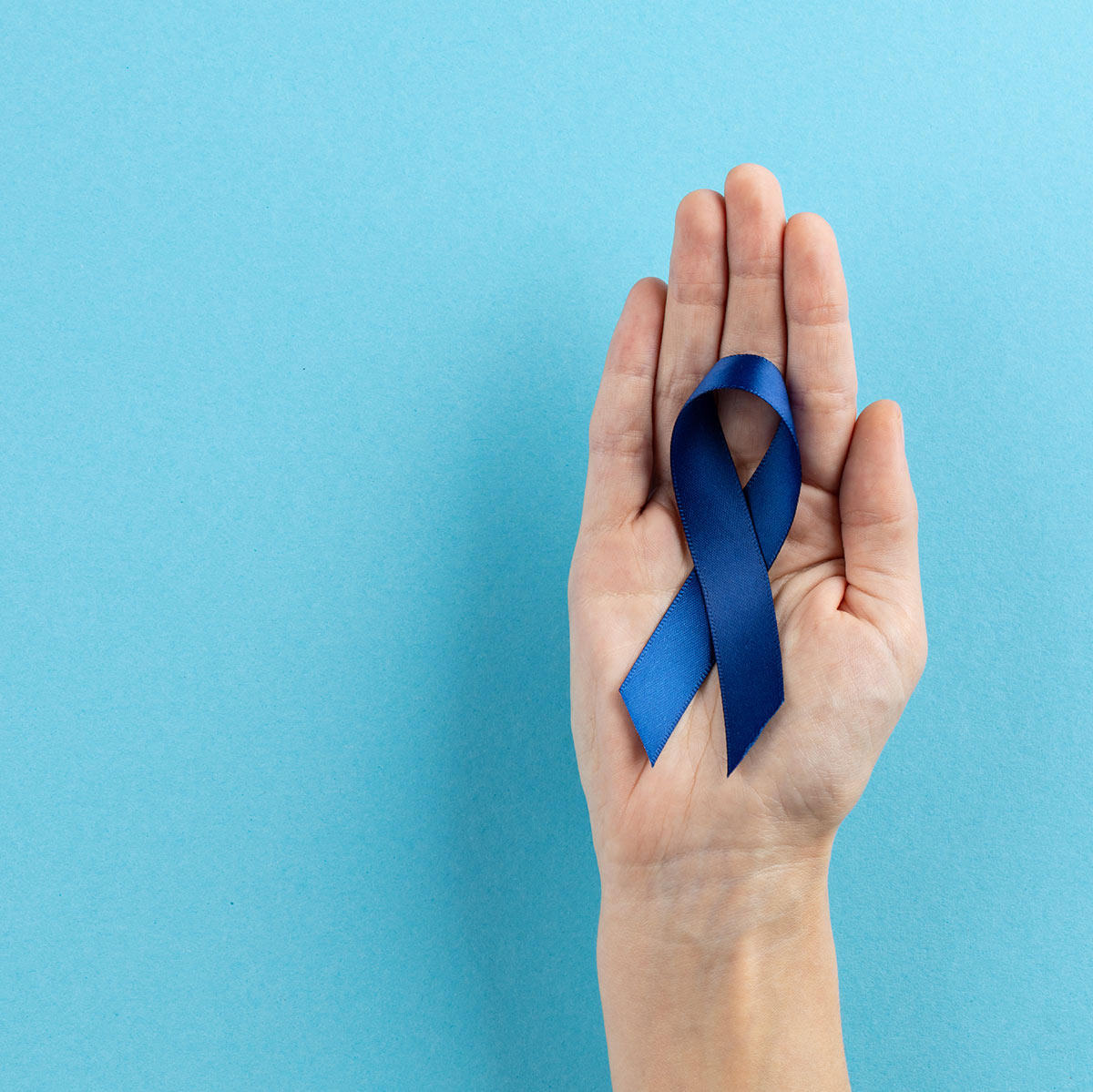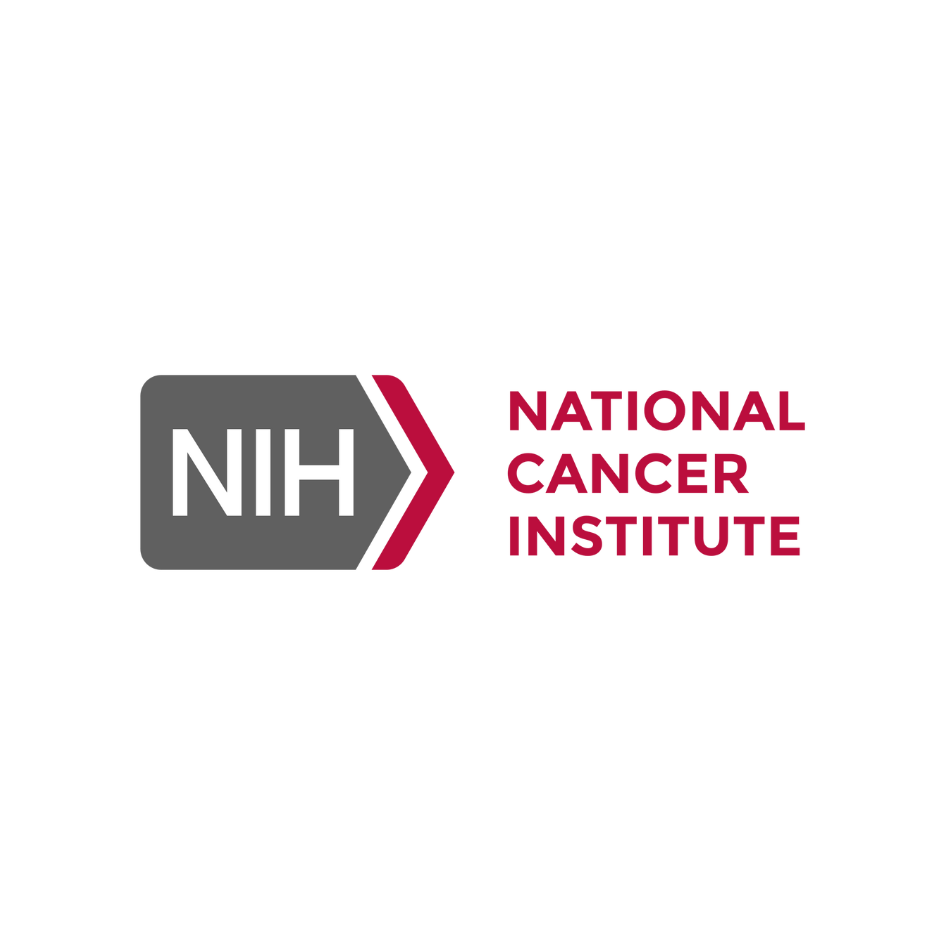newly diagnosed with Colon cancer?
start your cancer education here
If you or a loved one has been diagnosed with colon cancer, it's important to gather as much information as possible to navigate your cancer journey effectively. At American Cancer Fund, our goal is to provide you with essential knowledge about colon cancer, symptoms, risk factors, and the latest research advancements to help you become an active participant in your care.
What is Colon or Colorectal Cancer?
Colorectal (or Colon cancer) is cancer that occurs in the large intestine and rectum. The colon is a muscular tube that is about five feet long. It absorbs water and nutrients from food. The rectum, the lower six inches of the digestive tract, serves as a holding place for stool, which then passes out of the body through the anus.
This year, about 148,000 people in the United States will be diagnosed with colorectal cancer. Although many people think of colorectal cancer as a disease that primarily affects men, it is slightly more common in women. Today, the average person has about a 1 in 20 chance of developing colorectal cancer during his or her life.
Our Friend Peter Yarrow has passed away due to bladder Cancer! Song was written in memory of Mary Traverse who passed from colon cancer.
Rest In Peace Peter, May 31, 1938 - Jan 7, 2025.
Feel prepared for every appointment
Carrying the right information can empower you during your cancer care journey. Use these tools to help organize this information so you can be an active participant in your cancer care.
Keep them handy for use at home and bring them along to your doctor visits and other medical appointments.





